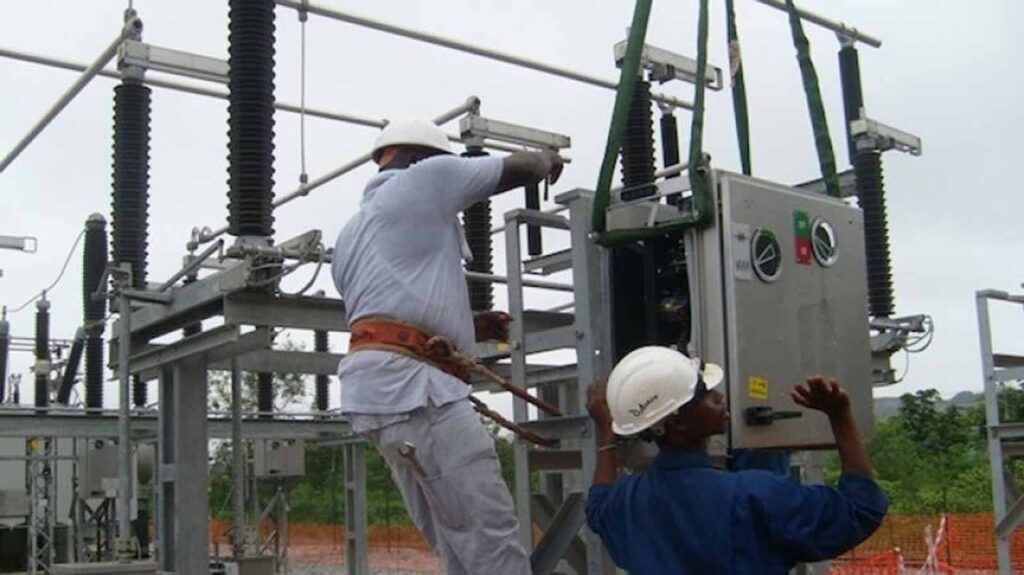It is gradually unveiling that the N10 billion additional investments occasioned by the proposed emergence of Nigeria’s Electricity Act could become a mirage, due mainly to some anti-investment provisions in the House of Representatives Electric Power Sector Reform Act, EPSRA.
The House of Representatives imposed some charges, including two per cent on profit of all Renewable Energy Service Companies in Nigeria executing renewable energy projects. There is also five per cent charged on every KWh of energy sold and carbon tax at the rate of 5 per cent on pump price of petroleum products (PMS, AGO, LNG), sold by every marketer across Nigeria.
The provisions infringe the constitutional rights of states to make laws for electricity generation, transmission and distribution within their territories. The amendment bill imposes significant additional costs on a bankrupt electricity market and the companies operating in the electricity sector.
The (amendment) bill expands the remit of Hydroelectric Power Producing Areas Development Commission (HYPADEC) to capture small scale hydro-electric plants/activities in all states. Under the (amendment) bill, small and medium scale hydro-electric power companies operating within a state, would pay a 10% tax on the total revenues generated (see section 77A (2) and (6)).
The proposed 10% tax on their revenues will make small scale hydro-electric power generation within states economically unviable to investors willing to take on the risk of investments in these small scale hydro-electric power projects.
The consultant who called for the harmonisation of the Senate and House versions, stated: “Even though the EPSRA amendment bill has been passed by the House, we call on the Speaker and members of the House to look more closely at the provisions of the EPSRA amendment bill so as not to impose further needless hardships and sufferings on their constituents.
The Senate Electricity bill should make similar provisions for regulatory transition of successor DisCo operations within a state to the SERC.










More Stories
Zelensky says he is ‘ready’ to resign as Ukraine president
In mass firings, Elon Musk’s DOGE demands U.S. federal employees detail work done in previous week or turn in resignations
Kidnappers abduct 60-year-old patient from Kano Neuro-Psychiatric hospital